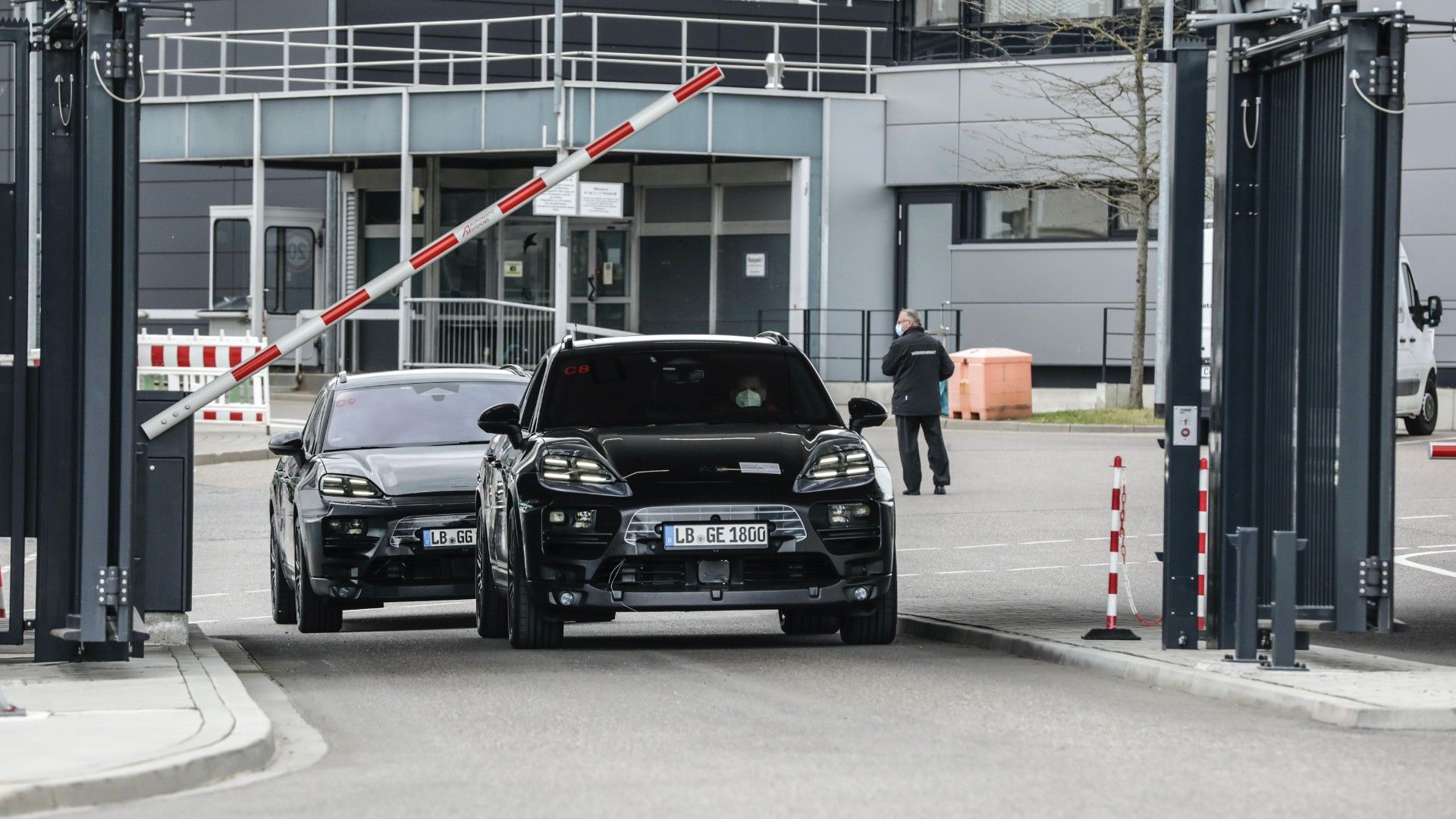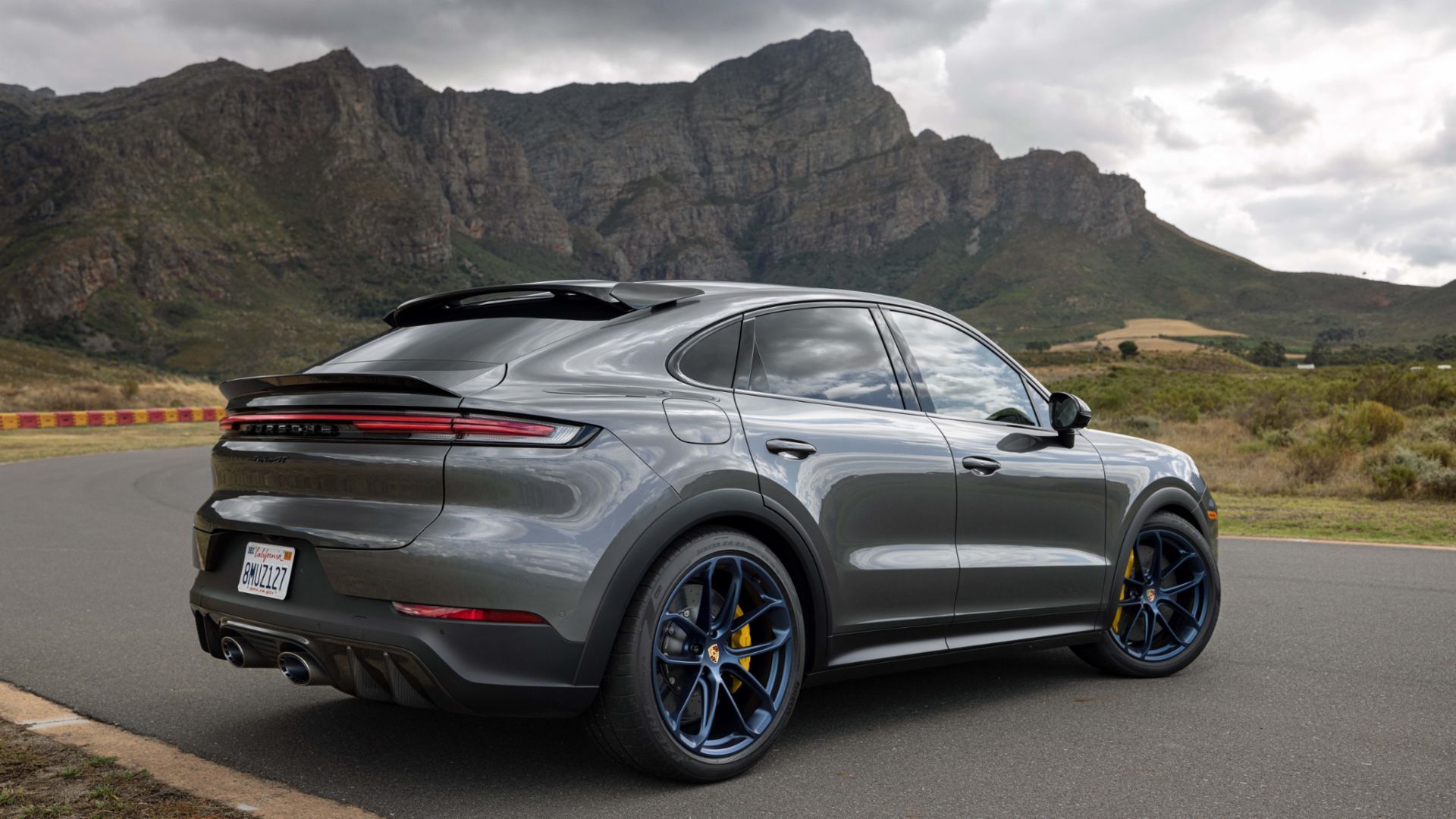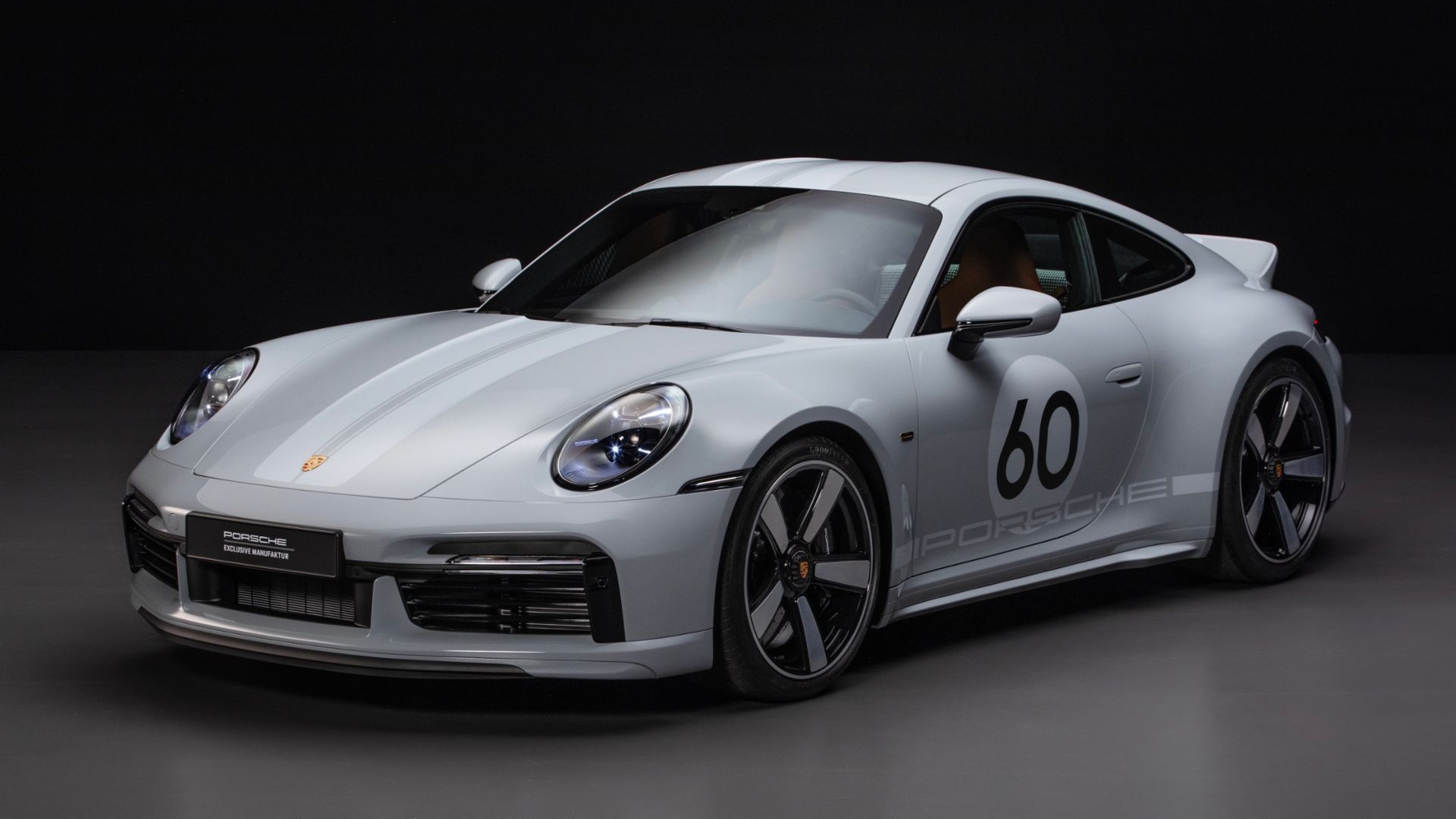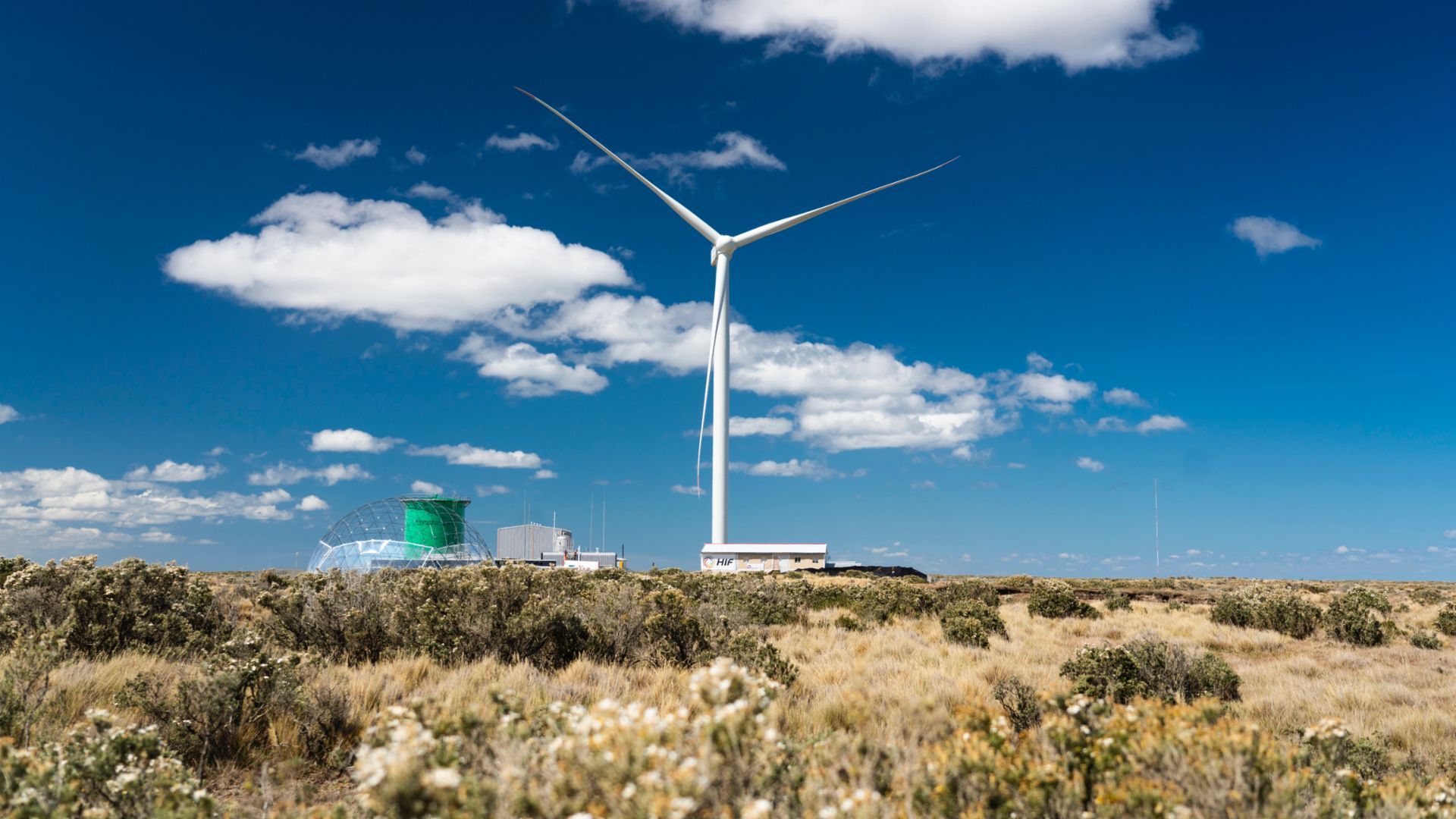Porsche, like many automakers, faces strict emissions targets for 2030, as well as increased competition in the electric vehicle space. The company launched its first all-electric car, the Porsche Taycan, in 2019. Although it has turned out to be a very successful vehicle, it remains the only Porsche electric vehicle on the market. Porsche also has a range of plug-in hybrids, but with increasing legislation on combustion engines, they will need more fully electric cars in the future. Porsche’s annual press conference earlier this year indicated that the company is planning a major entry into the electric vehicle space by launching at least four new electric cars by the end of the decade. Porsche’s plans are in line with the announcements made by CEO Oliver Blume in 2022 when he revealed Porsche’s ambition for 2030.
“By 2025, half of all new Porsche sales are expected to come from the sale of electric vehicles, i.e. fully electric or plug-in hybrids. By 2030, the proportion of all new vehicles with fully electric drive it should be higher than 80 percent.”
It seems that this electric future will not depend on building new vehicles from scratch. Instead, Porsche is focusing on expanding its crossover lineup and a periodic transition to electric cars.
The company has new electric cars in the pipeline
A pair of Porsche Macan electric vehicles leaving a test facility
Porsche has four new electric vehicles on the way in 2023. The first of these is the 2024 Porsche Macan EV which will hit the markets early next year, along with updated petrol and diesel versions. The all-electric version will have the same platform as the Audi A6 e-tron. There isn’t enough information about the vehicle’s powertrain, but Porsche says it will have a higher range than the Taycan. Along with the Macan, Porsche will also transition the new 718 to an all-electric model starting in 2025. According to the company’s marketing so far, the 718 will be Porsche’s first electric sports car. Porsche has been working on electric prototypes of the 718 since 2019 and has now confirmed its arrival.
Porsche will continue its ambitious electrification strategy with an all-electric Cayenne that will quickly follow the 718 EV. Expected in 2026, the electric crossover will share the same platform as the 2024 Macan EV. Unlike the 718, however, Porsche will continue to sell the Cayenne with an internal combustion engine. A new third-generation model to be launched in 2023 will include three plug-in hybrids with better ranges. In addition to these three, Porsche also confirmed a flagship electric SUV that will sit above the Cayenne and help Porsche achieve 80% electric vehicle sales by 2030.
Porsche confirms all-electric SUV above Cayenne
Rear view of the new Porsche Cayenne 2023 on the road
Porsche CEO Oliver Blume added a fourth flagship EV to the company’s lineup. This all-electric SUV is yet to be officially named and is called the K1. Blume introduced the vehicle saying, “Porsche also plans to expand its product portfolio with an all-electric SUV positioned above the Cayenne. This new vehicle concept is designed to offer high performance and automated driving functions with the typical line of Porsche, along with a completely new in-vehicle experience.” The K1 will be based on Volkswagen’s SSP Sport platform and will help Porsche strengthen its position in the sports and luxury car segment. Porsche will start building the SUV in Leipzig in 2025, and the company believes it will be unlike any other electric or sports car offered before. Rumored to have seven seats and more automated features, the car will be developed with specific markets in mind.
Will there be a Porsche 911 EV?
Front view of the 2022 Porsche 911 Classic Sport
CEO Oliver Blume’s response to this question in March 2020 was negative. He said that while Porsche will become more electric, the 911 will not change. However, there has been growing expectation that the future of the car will be electric, especially after the Taycan EV outsold the 911 in 2021. As some of Porsche’s combustion engine vehicles switch to electric motors, it is expected that a hybrid 911 is not far away. In fact, it is expected to arrive between 2023 and 2024. Once that happens, the next logical step would be to launch an all-electric version. However, it will take decades to perfect the electric Porsche 911 if the company wants to preserve its identity. It’s such a unique car that getting the design right may still require a generation or two of vehicles. Many Porsche enthusiasts are a little upset about the possibility of the 911 going electric. However, it is an expected result in the wake of Porsche’s push to make the brand more sustainable.
Porsche’s sustainability goals include e-fuels
Porsche e-fuel pilot plant in Punta Arenas, Chile
Porsche is working to achieve a net carbon neutral balance for its vehicles by 2030. Achieving these ambitious goals requires a multi-pronged strategy that not only includes a transition to electric cars, but also the decarbonization of existing combustion engines. Achieving this requires new technologies and Porsche’s solution to the problem is the use of electronic fuels. Oliver Blume believes the development of advanced e-fuels is necessary to save 1.3 billion ICE cars worldwide. To this end, Porsche has installed a plant for the production of e-fuels in Chile. The pilot plant has been in operation since December 2022, and Porsche will inject at least $100 million into the project. Blume says the plan is already working.“This plant shows that e-fuels can be produced on an industrial scale.”
After completing the pilot phase, the plant will be expanded to produce more than 14 million gallons of fuel per year by 2025. The ultimate goal is to bring annual production closer to 150 million gallons by 2030. Porsche sees this as a game changer not just for them but for vehicle manufacturers around the world. The future of Porsche is electric. A combination of all-electric SUVs and plug-in hybrids is poised to accelerate Porsche’s transition to a sustainable future. At some point, that future will include the Porsche 911, but it could be overshadowed by five new cars in Porsche’s electric vehicle lineup.






